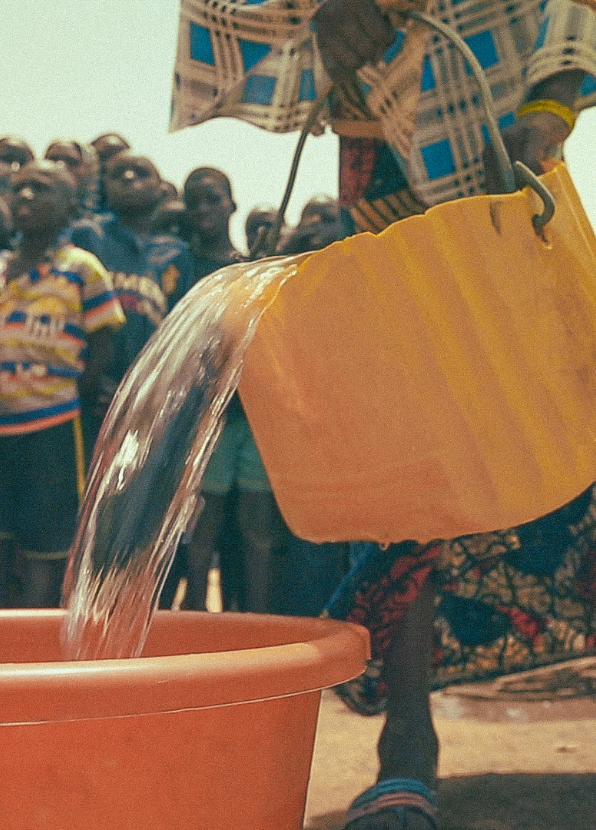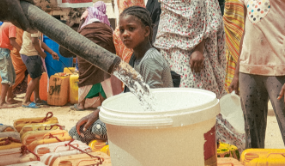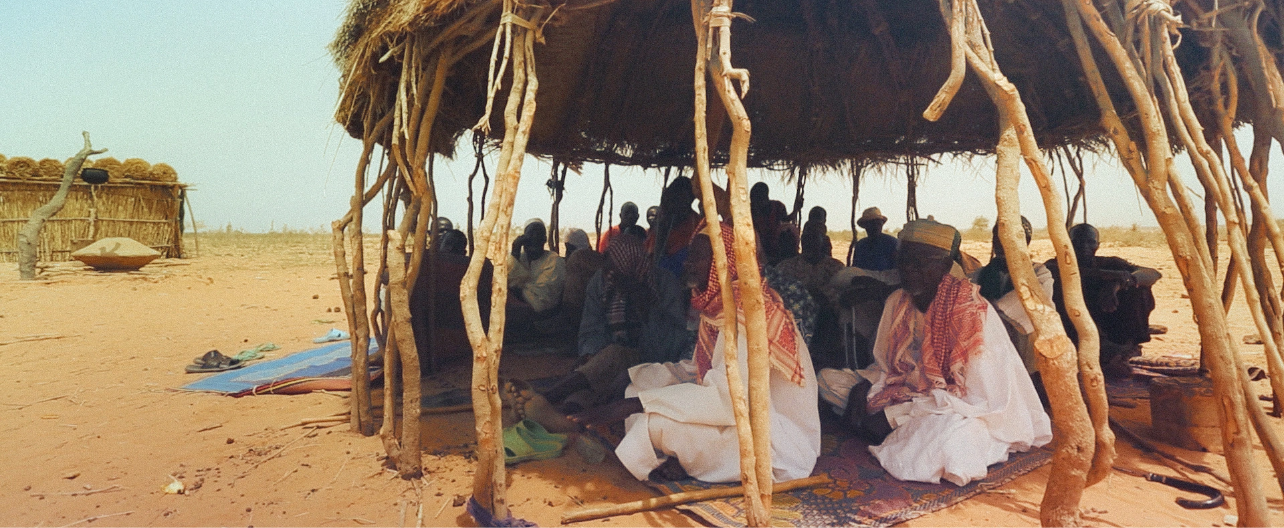

VIEW YOUR CART
In July 2010, access to water was recognized as a human right by the United Nations. Today, 844 million people – 1 in 9 – lack access to safe water and 2.3 billion people – 1 in 3 – lack access to a toilet.
Lack of access to drinking water leads to a vicious circle in which many aspects of a dignified human life are altered.
Qatar Charity's approach
to the global water challenges




Our objectives
Qatar Charity’s water and sanitation programming strategy aims to:
• Improve access to clean water and sanitation services
• Prevent water-borne diseases
• Increase health awareness and personal hygiene
• Promote sanitation and hygiene practices in schools
• Reduce water scarcity-induced migration movements
• Support water use in agriculture to enhance food security
• Providing appropriate sanitation services to ensure a safe and clean residential and working environment
Our efforts
Water projects allow the basic needs of families to be met: health, nutrition and education. More importantly, access to viable sanitation makes the economic development of entire villages possible through agricultural activities.
In 2019, Qatar Charity implemented more than 9,900 water projects, ensuring the local communities are trained in sanitation and hygiene, and establishing local committees to ensure the continuity and sustainability of the projects. These water and sanitation facilities have brought 6 million people closer to a water point in 44 countries.
Areas of Intervention
• Surface wells.
• Artesian wells.
• Water and sanitation facilities
• Health and hygiene practices promotion
Clean Water Saves Lives in Yemen

Qatar Charity, in collaboration with the United Nations Office for the Coordination of Humanitarian Affairs (OCHA), has implemented a life-saving water and sanitation project benefiting more than 10,000 people in Yemen’s Al Hudaydah and Raymah governorates. The initiative focused on some of the country’s most remote and underserved communities, where access to safe drinking water is scarce and the risk of waterborne disease remains dangerously high. Through this partnership, QC rehabilitated critical infrastructure by installing solar-powered pumping systems, building elevated water towers, and extending distribution networks to deliver clean water directly to households.
The project also introduced improved sanitation facilities, including the construction of latrines and the distribution of hygiene kits and clay water filters to vulnerable families.
To ensure long-term sustainability, QC trained local water committees and community volunteers in maintenance, hygiene awareness, and safe water practices.
This effort not only safeguards health and prevents the spread of cholera and other deadly diseases, but also reduces the burden on women and children who often travel long distances to fetch water. By combining emergency relief with capacity building, Qatar Charity and OCHA are helping Yemeni families reclaim their dignity and protect their well-being despite ongoing conflict and humanitarian challenges.